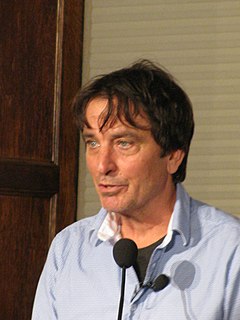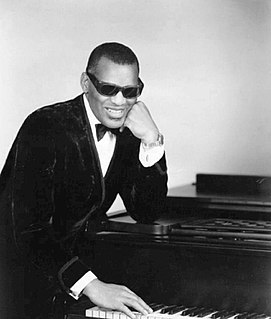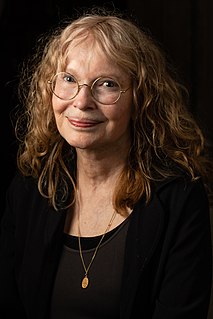A Quote by Nick Flynn
When I was a child, writing was the worst possible choice of a career in my family. My father had always identified himself as a writer to my mother when they met. When they met, he was writing this great novel, there was no doubt about it.
Related Quotes
I've never had a mentor personally of any kind. It feels like, generally, in the writing world or the art world, it's more of a thing in America, because you have writing programs, which we don't have. You have these amazing writers who are teachers. I never did a writing program so I never met a writer until I was published. I guess I can't really explain my compulsion for writing these kind of mentor characters.
It was only after two years' work that it occurred to me that I was a writer. I had no particular expectation that the novel would ever be published, because it was sort of a mess. It was only when I found myself writing things I didn't realise I knew that I said, 'I'm a writer now.' The novel had become an incentive to deeper thinking. That's really what writing is—an intense form of thought.
Just about everything significant in my life happened after I passed forty. I was a housewife and mother, but yearned to be a writer. I worked at my writing whenever I could snatch a moment, and I assembled several manuscripts. I was just about forty when my first novel, East Wind, West Wind, was published. Then a few months later came The Good Earth. My career was launched at last, and it has given me the richest possible satisfaction
At the beginning of my career as a writer, I felt I knew nothing of Chinese culture. I was writing about emotional confusion with my mother related to our different beliefs. Hers was based in family history, which I didn't know anything about. I always felt hesitant in talking about Chinese culture and American culture.
I'm a first - I was the first person in my family born in the United States. My mom is from Croatia, and my dad is from Iran. They met at music school in Belgium. I grew up as a pianist. I was really interested in piano and sort of discovered that I was a writer when I was about 13 and started writing.
When I taught writing classes to psychiatric patients, I met people whose stories of manic highs and immobilizing lows appeared to be textbook descriptions of classic bipolar disorder. I met other patients who had been diagnosed with myriad disorders. No doctor seemed to agree about what they actually suffered from.




































